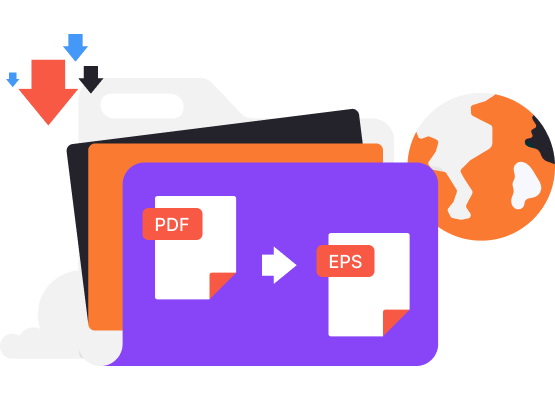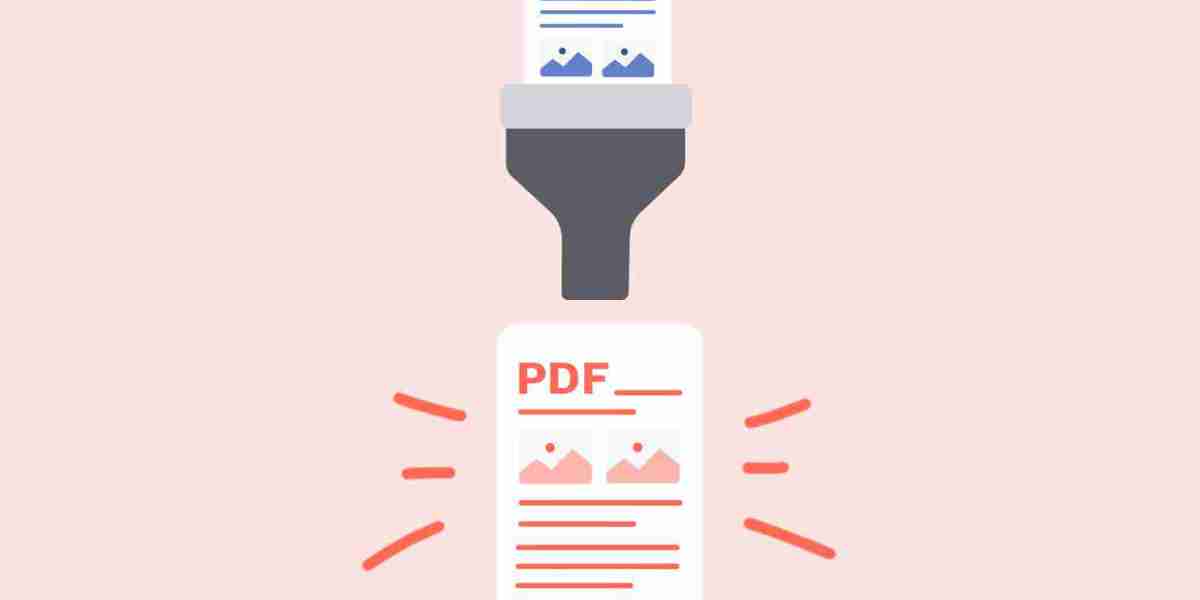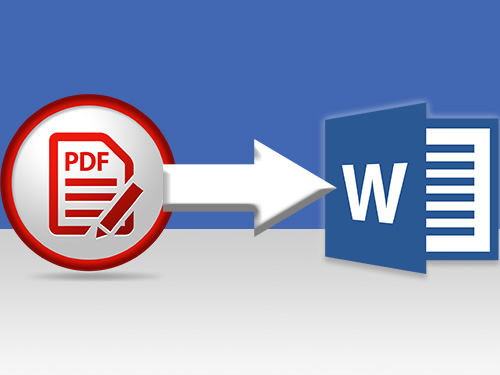Once a simple process of transforming documents into PDFs, today’s technology leverages artificial intelligence (AI) to enhance accuracy, speed, and user experience. For anyone seeking a free PDF converter AI-driven features can make a significant difference in converting, managing, and optimizing PDFs efficiently. Here’s a look at how AI is influencing this field and shaping the future of document management.
Understanding the Basics of PDF Conversion
PDF, or Portable Document Format, is widely used in business, education, and personal document management because it preserves formatting and is universally compatible. Traditionally, PDF converters functioned by taking a source document and generating a PDF file without modifications to text, layout, or images.
While basic PDF conversion was a simple process, there were limitations, especially in complex document formats, scanned images, or large files. AI advancements, however, have unlocked new possibilities, improving precision and usability in free PDF converters and premium versions alike.
The Role of AI in Enhancing PDF Converters
Artificial intelligence has transformed PDF conversion tools from basic converters into sophisticated document management systems. Here are some of the key AI-driven features that are shaping modern PDF conversion.
1. Optical Character Recognition (OCR)
One of the most significant impacts of AI on PDF technology is Optical Character Recognition (OCR). OCR uses machine learning algorithms to recognize text in scanned documents and images, making it possible to create searchable, editable PDFs. This technology helps users:
- Convert scanned documents into editable PDFs
- Recognize and extract text from images
- Enhance document accessibility for screen readers
With OCR, even free PDF converters can recognize text in various languages, understand context, and deliver high accuracy in text extraction. This capability is especially beneficial for businesses handling a large volume of scanned documents.
2. Language Processing and Translation
Natural Language Processing (NLP), a subset of AI, enables PDF converters to understand text better. Advanced NLP algorithms analyze the document’s context and structure, making it possible to convert content while retaining its original meaning and formatting. This feature is crucial for converting documents that require language translation, as it allows the tool to generate PDFs that accurately reflect the source language.
For global businesses or individuals working in multiple languages, the ability of a free PDF converter to handle multilingual documents is invaluable. Some AI-driven PDF tools even include translation options, allowing users to convert and translate documents within a single platform.
3. Enhanced Data Security and Privacy
AI also improves data security for PDF conversion services, a priority for users handling sensitive information. With AI, PDF converters can automatically detect and redact confidential information like social security numbers, financial details, or medical records. Additionally, AI-based algorithms can encrypt PDFs during conversion, providing added protection for users.
Enhanced data security protocols make free PDF converters a viable option for users in sectors like finance, healthcare, and legal services, where data privacy is paramount.
Improving User Experience with AI-Powered Features
AI not only enhances functionality but also significantly improves the user experience by simplifying the PDF conversion process.
1. Smart Layout Retention
One common challenge in PDF conversion is retaining the original layout of a document. AI solves this by recognizing patterns and visual hierarchies within documents. For example, if a document contains complex tables, images, or lists, an AI-powered PDF converter can replicate these features with minimal distortion, ensuring the final PDF closely matches the original layout.

2. Automatic Formatting Adjustments
AI-driven PDF converters can automatically adjust formatting based on document type, saving users time and hassle. If a user is converting an academic paper, the tool can recognize and preserve references, footnotes, and headers. This attention to detail is particularly valuable for users looking to create professional-quality PDFs without manually reformatting content.
3. Bulk Processing and Automation
Thanks to AI, free PDF converters now support batch processing, where users can convert multiple documents at once. For organizations managing a high volume of documents, this is a significant time-saver. AI algorithms can also automate recurring tasks, allowing users to set predefined conversion parameters. This feature ensures consistency and efficiency for businesses with ongoing PDF conversion needs.
The Rise of Free PDF Converters with AI Capabilities
The increasing influence of AI has also led to an expansion in free PDF converter options that offer many of these advanced features. These tools allow users to access high-quality PDF conversion without a paid subscription, making powerful document management accessible to a broader audience.
Free AI-enhanced PDF converters have become a practical solution for individual users, small businesses, and educational institutions needing to convert, organize, and share documents without high costs.
Future Prospects of AI in PDF Conversion
As AI technology advances, the future of PDF conversion is likely to bring even more innovation. Here’s what we can expect:
1. Advanced Language Capabilities

AI is rapidly improving its ability to understand languages and dialects, paving the way for even more robust multilingual PDF converters. These advancements will enable users to convert and translate documents in any language seamlessly.
2. Enhanced Document Analysis
AI’s document analysis capabilities will likely evolve to include predictive analytics, allowing PDF converters to identify relevant patterns or trends within a document. This could help users analyze data, extract insights, or categorize information more effectively.
3. Seamless Cloud Integration
With the increasing use of cloud storage, future AI-driven PDF converters will likely integrate seamlessly with cloud-based platforms. This integration will facilitate easier storage, retrieval, and sharing of converted files across various devices and locations.
Conclusion
The influence of AI on online PDF conversion technology is undeniable. From OCR and NLP to enhanced security and automation, AI has enabled even a free PDF converter to deliver high-quality, efficient document management. As these technologies continue to evolve, we can expect further improvements in the accessibility, speed, and precision of PDF conversion tools. For users, this means easier, more secure, and more reliable document handling, whether they are converting a single file or managing a comprehensive digital document system.
In a world increasingly driven by data and digital interactions, AI-powered PDF conversion tools are proving to be indispensable resources, shaping the way we create, share, and manage information across industries.




